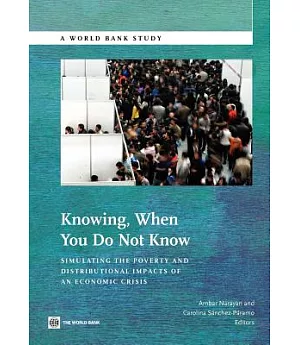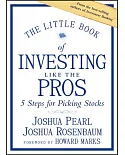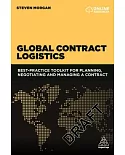Economists have long sought to predict how macroeconomic shocks willaffect individual welfare. Macroeconomic data and forecasts are easilyavailable when crises strike. But policy action
requires not onlyunderstanding the magnitude of a macro shock, but also identifyingwhich households or individuals are being hurt by (or benefit from) thecrisis.A popular solution is to
extrapolate the welfare impact of a shockfrom the historical response of income or consumption poverty tochanges in output, by estimating an 'elasticity' of poverty togrowth. Although this
method provides an estimate for the aggregatepoverty impact of a macro shock, it has limited value for analysts andpolicymakers alike. Aggregate numbers are useful to capture theattention of
policymakers and the international community, but in theabsence of any information on who is affected and to what extent,provide little guidance on what actions need to be taken.This volume
outlines a more comprehensive approach to the problem,showcasing a microsimulation model, developed in response to demandfrom World Bank staff working in countries and country governments inthe
wake of the global financial crisis of 2008-09. Starting with theidea of using simple macroeconomic projections as the 'macrolinkages' to a micro behavioral model built from household data,the
model was conceptualized, refined and tested in a diverse mix ofcountries: Bangladesh, Philippines, Mexico, Poland and Mongolia. Theresults fed into country policy dialogue and lending
operations of Bankteams, as well as various reports, research papers and briefs.





















